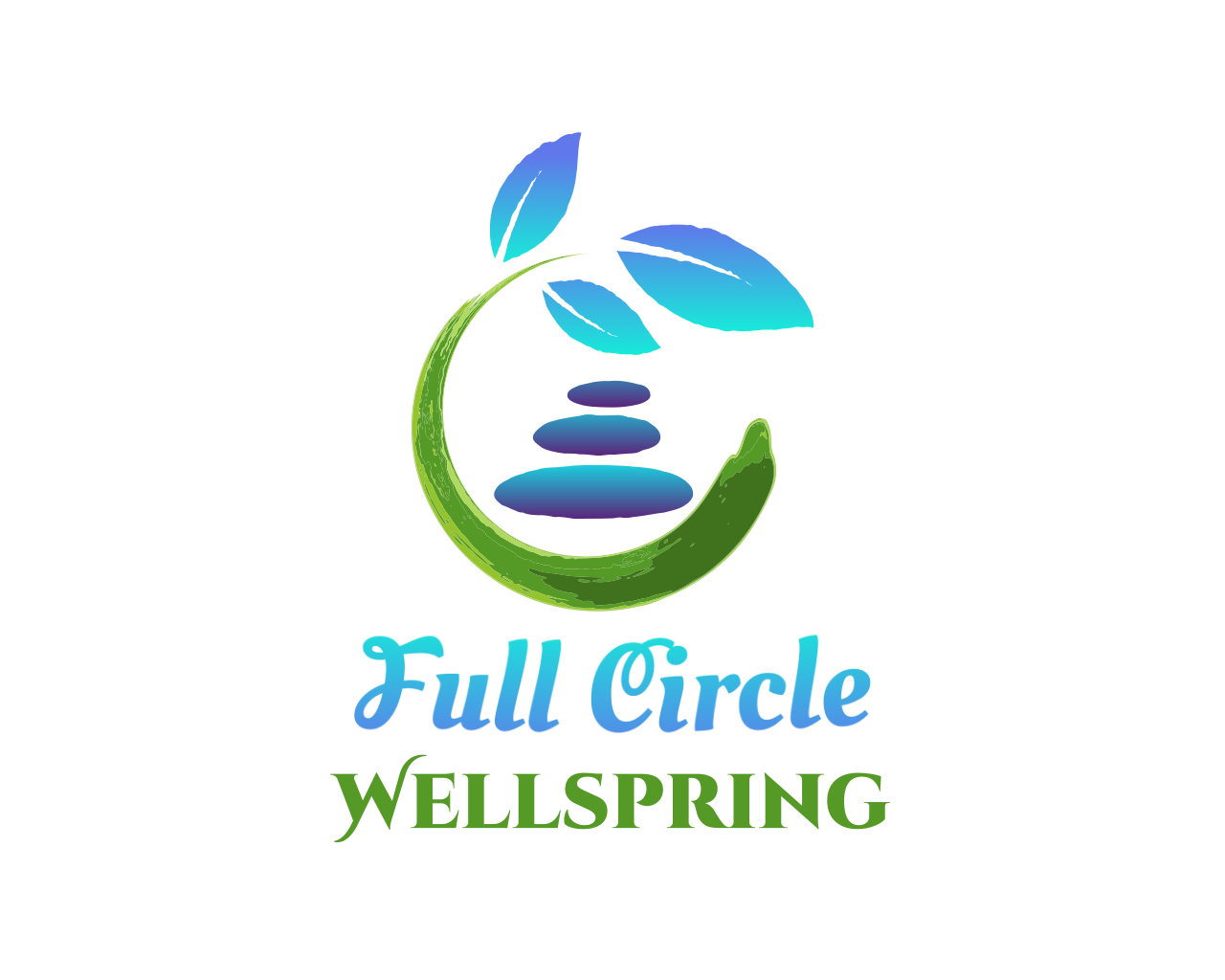Full Circle Fridays|Week 15: Origins
Author Note: If you prefer to listen or watch instead of or along with -
Check out the YouTube video and/or the Podcast audio.
There is power in tracing the origins of your trauma. Be forewarned that it can also be a slightly jarring or triggering process as well. The usefulness of understanding your trauma’s historical path is to bring some peace to your soul and forgiveness to your authentic self. The actual true origins may not be able to be completely uncovered, so I find healing is the pursuit of the origins and what you can uncover simply by taking some time to trace and explore the roots.
For some, this episode may not resonant. For instance, if you were suddenly attacked by an unknown assailant, you may not even know your abuser’s name, let alone their heritage of abuse. Perhaps if your trauma has something to do with many bullies in school growing up, you may not be able to learn their true familial history of bullying or what it was that was paining them so much that they took the liberty to harass you. If that’s the case for you, that’s okay.
I’m really sharing this for is people who have suffered under the generational trauma of their family’s abuse or neglect. Victims begat victims; hurt people hurt people. We’ve all heard those phrases. Taking a deep dive into the roots of your generation’s past can be a real eye opener, not just in healing your own past, but for really making solid growth that will affect your future generations.
So how do we do this tracing? We have a few interesting ways. The most powerful way I’ve found is constructing a genogram. A genogram is more than a family tree. It is a display of the family’s interpersonal relationships, medical history, hereditary patterns of abuse, or other factors that may have truncated relationships. This is a way to trace types of abuse between members of the family tree, addictions, divorces, loss of contact of various members, death ages, and more. The genogram serves to explain interactions between its members. This visual representation of one’s family can be quite telling as you often can trace back trauma, abuse, and patterns of addiction for many generations. The power to be able to see this displayed in front of you allows a softening to see what all those other members have gone through along with you as the main trauma survivor. Each branch that is broken because of infidelity, divorce, abuse, or addiction — these are all telling of the factors that put you in the place you have found yourself today.
This is what I meant, though, when I said we can’t often actually find the true origin per se. Eventually you know less and less about the genealogy many generations removed. So if your great-grandfather abused your grandfather abused your mother abused you … who then abused your great-grandfather? We have found a pattern but not an original source. That’s okay because in the finding of the pattern, much is explained and explored.
There are a few great online tools to help you construct a genogram. You can also do this with the help of your therapist or coach. Understanding that this can be a very emotionally taxing activity, please make sure you are well supported as you do this.
Another quick mention that I’ll leave you to explore on your own is Dr. Murray Bowen’s “Family Systems Theory” — which is a solar system type construction of one’s emotional cohesion between family members (for good or for bad). From there, you can apply each member’s “roles”. Lastly, another exploration would lead you to define those roles within the relationships using Dr. David Olson’s “Family Circumplex” model. These are great additional investigations and discoveries after you’ve been able to create and digest the findings from the genogram.
As always, if you’d like help tracing some of the origins of your family’s trauma history or if you have questions about this episode, please reach out so that I can help you find the best resources for your situation. I would love to support you as you inspect your generational trauma history as a means for your personal growth and trauma recovery in breaking cycles of abuse and dysfunction.

